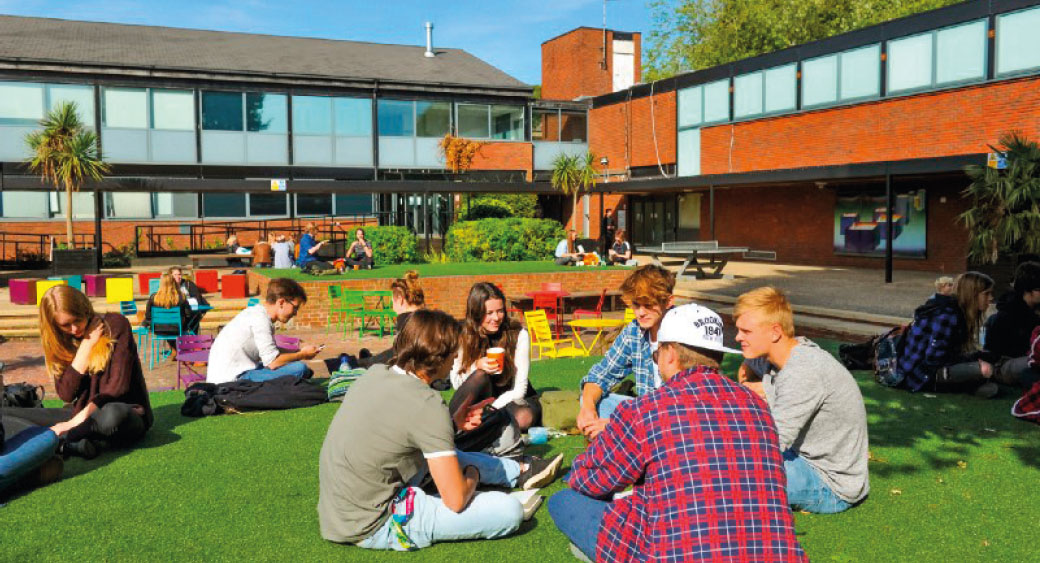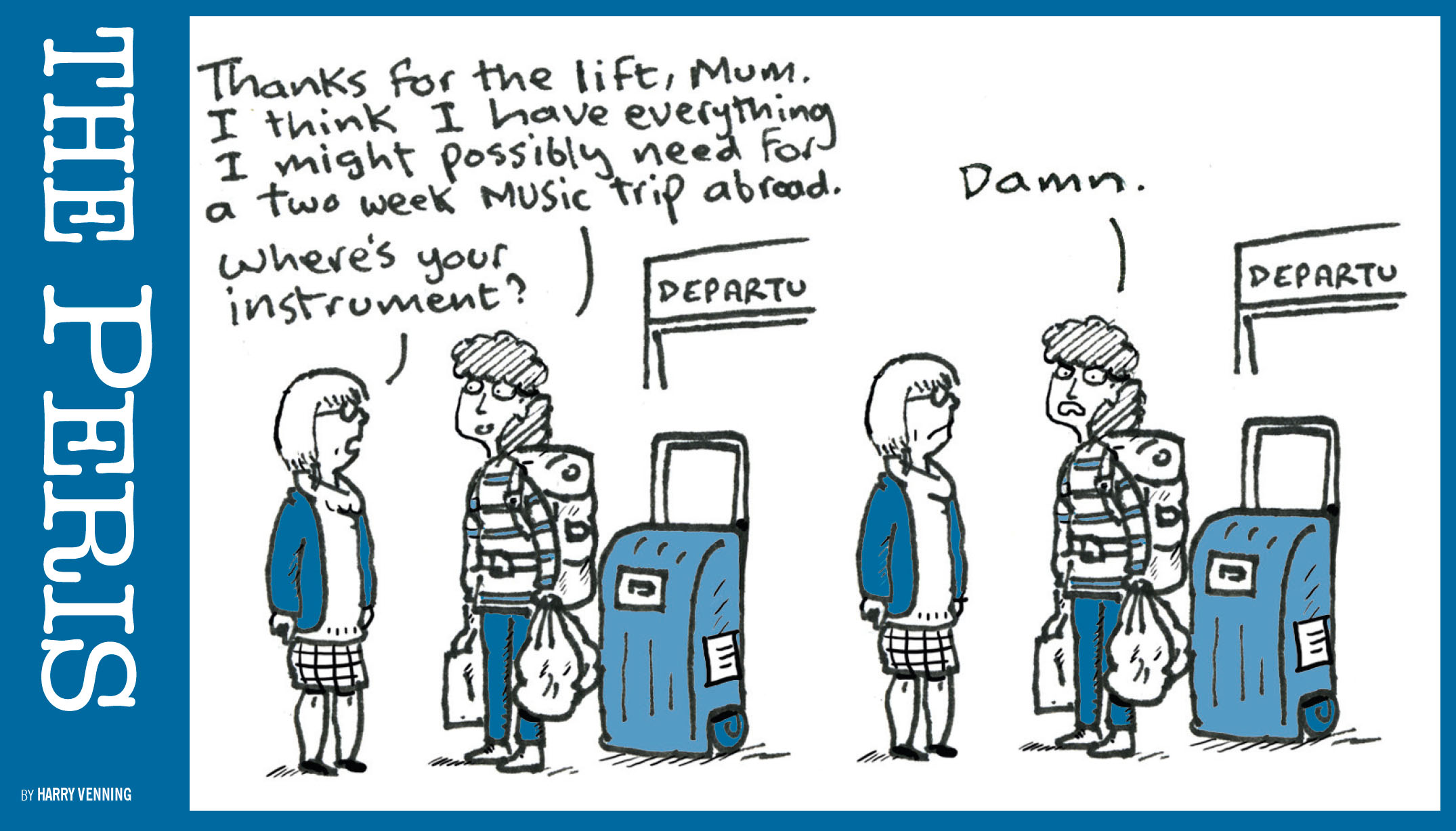
WHO SAYS?
Sas Payne's ‘It's only words’ (Vol 97, No 11, page 46) – the title itself perhaps provocative for those of us who feel that the ‘sticks-and-stones’ rhyme does not always reflect experience – made interesting, stimulating and sometimes frustrating reading.
While the move away terms such as SEN/D is to be applauded, the pace of movement is sluggish.
Along with other independent tutors, workshop leaders and trainers, I have always rejected the use of SEN/D and the rest of this acronym family. Drake Music, slow to react, are receiving positive coverage, in refreshing contrast to accusations of ‘not keeping up with the times’ that lone supporters of positivity (campaigners against limiting and patronising terms) have endured for decades.
Every one of us has special needs – children who receive other types of special education are often called ‘gifted’ – and every teacher knows that no two people learn in precisely the same way.
The current model is flawed. The jargon may change according to fashion (usually dictated by those unaffected by the issues) but only the words change. I am tired of being told, by those who cannot experience it, my physical state. I am insulted by ‘disabled’ as not only is it grammatically incorrect because I have never been ‘able’, but it is also technically inaccurate because it has not stopped me doing what I wish to do. It is not the term I choose. I prefer being seen as a person with attributes and flaws and, if more detail is needed, then ‘handicapped’ is accurate and satisfactory as it fairly describes my condition. Like colleagues in similar situations, I find this term acceptable but we're told – often by those who are ‘able’ – that it is not so.
Al Summers, Wiltshire

TECH-ING WOMEN FURTHER
The University for the Creative Arts (UCA) has announced a Women in Music scholarship for 2019 aimed at reducing the industry's gender gap by supporting women at the start of their careers.
The organisation Women in Music estimates that the gender divide in music across all regions is split at 70/30 in favour of men, with a Canadian study citing that women represent as little as six percent of recognised producers in the USA and Canada. Of the 600 most popular songs from 2012 to 2017, only 12 percent were written by women, according to the USC Annenberg Inclusion Initiative.
At UCA we are passionate about embracing a diverse range of tools, styles and people in the invention of new music in order to challenge boundaries and cover new ground. We are committed to positive change in education and the music industry and are excited to be forging new links with industry to further support women in their careers.
The initiative will award £5,000 scholarships and industry mentoring to three women enrolling on the BA/BSc (Hons) Music Composition & Technology in 2019, with a single prize-winner also receiving equipment from music technology specialists Audient UK.
Applicants to the scheme will be asked to submit a portfolio of work and will be assessed on their creativity, originality, technical skill, contextualisation and potential for development, alongside their academic record.
For more information about the scholarship, please visit tinyurl.com/mt1-letters1. The course page can be found at tinyurl.com/mt1-letters2.
Dr J Harry Whalley, Course leader in music composition and technology at UCA
If you or your organisation has an initiative that you want to tell the world about, please share your news and information using the details above.









